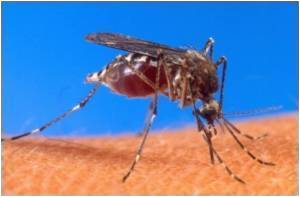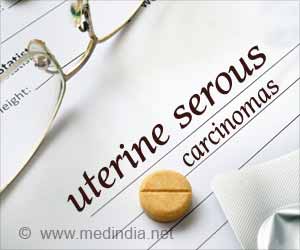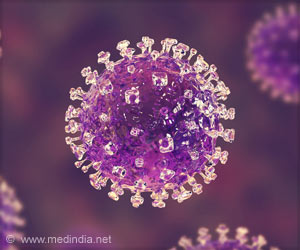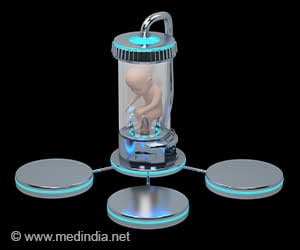
The trial, under way at 11 sites in sub-Saharan Africa, showed that children aged five to 17 months who received three doses of the vaccine saw a 56 percent lower risk of developing clinical malaria, which causes high fever and chills.
When it came to severe malaria, the stage of the illness that can be fatal and reaches the blood, brain or kidneys, those who received the vaccine showed a 47 percent lower risk.
"This is remarkable when you consider that there has never been a successful vaccine against a human parasite," said Tsiri Agbenyega, who chairs the RTS,S Clinical Trials Partnership Committee.
"While these results are encouraging, we still have a ways to go," he told reporters.
The analysis was done with data from 6,000 children in the trial over a 12-month follow up after vaccination. More data is needed from the younger age group -- infants age six to 12 weeks -- to better assess how well the vaccine works, experts said.
Advertisement
The results are published online in the New England Journal of Medicine, and were simultaneously announced at the Malaria Forum hosted by the Bill & Melinda Gates Foundation in Seattle, Washington.
Advertisement
"This is a key question. The group will ultimately want to understand efficacy, duration and safety," she said, adding she was "enthusiastic" about the results so far and was awaiting further data.
"Would I prefer to see a 100 percent effective vaccine? Absolutely."
More than 15,000 children in seven African countries are enrolled in the trial, which is set to continue for two more years.
GlaxoSmithKline CEO Andrew Witty told reporters the company had already invested 300 million dollars in the development of the vaccine and aims to produce it at a low cost with no profit for the manufacturer.
"It is humbling to think that half of the world population is exposed to some form of malaria," Witty said, referring to statistics from the World Health Organization that show malaria claimed 781,000 lives in 2009.
About 90 percent of malaria deaths each year occur in Africa and 92 percent of those are children aged under five.
"We are hopeful that we will be able to bring this vaccine to children in Africa by 2015," Witty said.
Source-AFP













